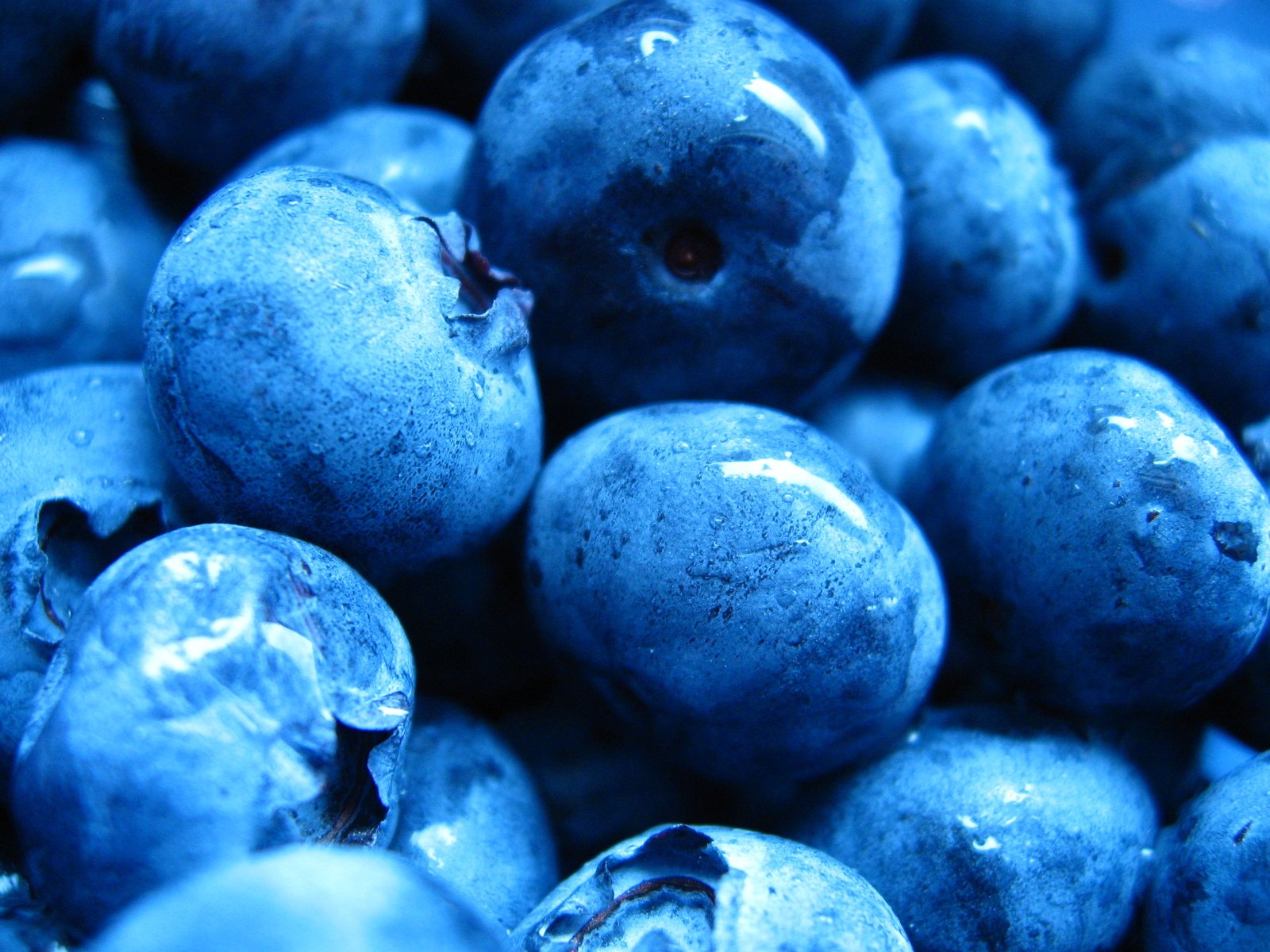PCOS
What is the endocrine system?
Our endocrine system is responsible for the creation and management of our hormones. It consists of the organs or glands that transport those hormones to our circulatory system. Hormones are chemical messengers that ensure that our body functions as it should.
What happens when my endocrine system is not functioning properly?
Alterations to your endocrine system or the glands of this vital system can contribute to the hormonal issues of puberty, fertility, insulin resistance, stress management and mood disorders. You may also experience weight gain, low energy, bone density issues in males and females.
What is PCOS?
Polycystic ovarian syndrome (PCOS) is a common endocrine disorder that affects women in many ways.
It can carry the characteristics of:
- Several ovarian cysts of varying sizes
- Irregularities of your period
- Delayed fertility or infertility
- The elevation of male hormones.
These abnormal hormonal patterns can see the growth of unwanted body hair on your face, nipples, chest, back, arms and legs. It can also result in acne, painful periods and heavy periods.
Other complications of PCOS include:
- Type II diabetes stemming from insulin resistance
- High cholesterol
- Hypertension
- Metabolic syndrome
- Depression
- Anxiety
Insulin Resistance & Obesity
People who live with PCOS cannot efficiently utilise the hormone insulin that is responsible for regulating our blood sugar levels. This leaves insulin circulating in our blood stream rather than moving glucose (sugar) into our cells to produce energy (resulting in fatigue). The increased circulation of insulin can result in the increase of male hormones as previously mentioned. This process can also contribute to the accumulation of body fat and this becomes a cycle that continues.
Increases in body fat can lead to oxidative stress (damaging to cells) and stimulate inflammation in response to the oxidative stress. Where there is oxidative stress and inflammation, metabolic syndromes such as diabetes type II present and fertility becomes increasingly more difficult.
Quality Nutrition & PCOS
Proper nutrition plays a significant role in managing hormones and the complication of poor hormonal regulation.
Quality nutrition can:
- Support the reduction of oxidative stress
- Reduce inflammation
- Manage insulin sensitivity
- Support healthy body weight
- Support energy production
- Reduce the effects of mood disorders
Poor Quality Nutrition & PCOS
Just as quality nutrition can help PCOS, poor nutrition can certainly hinder or worsen symptoms.
A poor-quality diet may include:
- Processed foods such as cakes, biscuits, packaged foods and deli meats
- Fried foods
- Fast foods
- High sugar foods
- High refined carbohydrates and low GI foods, such as breads, pastas and white rice.
- Foods high in saturated fats
- High calorie diets and large portion sizes
So what nutrients can help with PCOS?
Improving nutritional status may benefit PCOS suffers.
Research studies have identified the following nutrients as important in the management of PCOS associated inflammation, oxidative stress and hormonal imbalance.
- Magnesium
- Calcium
- Zinc
- Vitamin D
- Omega-3 fatty acids & healthy fats
These nutrients can be accessed sufficiently within the diet, however, for some, nutritional supplements may be necessary. If you suffer from PCOS, speak with a nutrition professional to develop a PCOS supportive diet or supplement regime.


